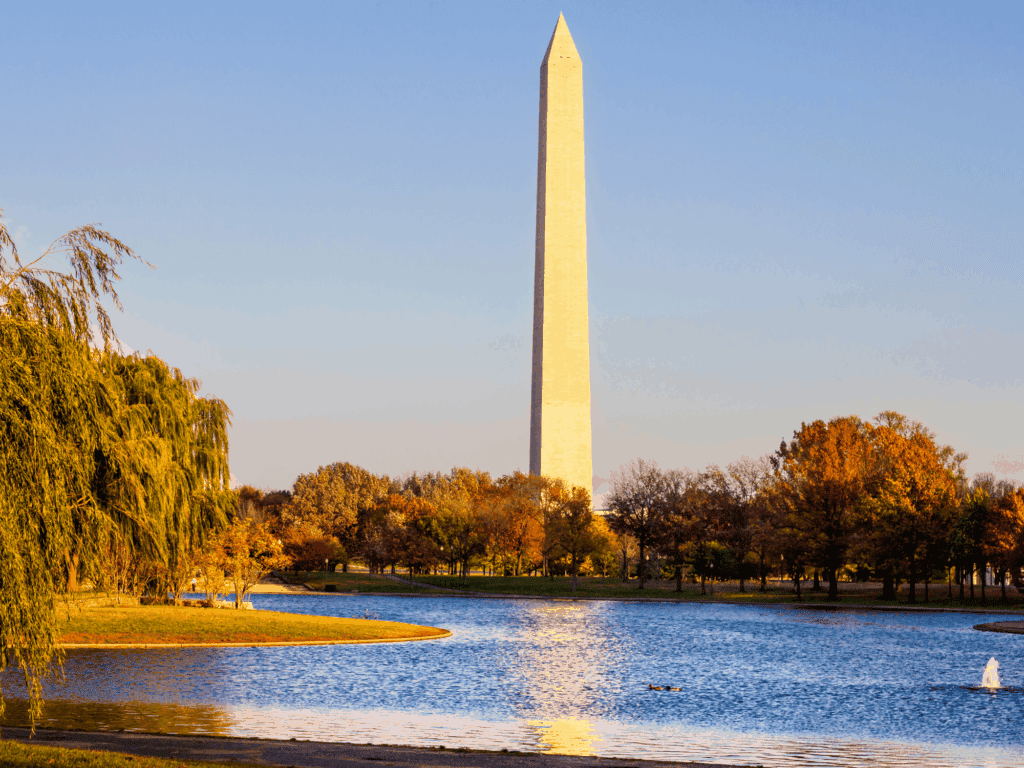If you live in D.C., you can light up a joint in your home and smoke it — and at any time you like for that matter.
Mayor Vincent Gray will be signing a bill that would decriminalize marijuana to a certain extent. Instead of punishing users by sending them to jail, the district would instead charge them with “civil fines”. In a city where opinions on the marijuana debate (and other major issues) run rampant, this bill was approved 10-1 by the council, making it a landslide vote.
Washington D.C. is now one of the 17 other states that have decriminalized the use of this substance, where possession of one ounce of it would only result in a fine of $25 or less. While marijuana can be smoked behind closed doors in the district, if it is used out in public, a charge including a misdemeanor, a fine, and/or jail time could be possible.
While D.C. is just one of many states decriminalizing the use of marijuana, there seems to be move of a drive to do so in this area. According to Tommy Wells, a council member for Ward 6 in D.C., “there are more than 5,000 arrests per year for marijuana; 90 percent are African American,” he stated. For the people of this mixed-race area, the decriminalization of this drug is serving as an opportunity to help erase the prejudice of African American individuals who face the legal system over possessing a small amount of marijuana.
Every single day, more action is being taken to loosen restrictions related to marijuana abuse, and more leniency towards the recreational use of it is being put in place. While D.C. and the majority of other states are not as open with the presence of marijuana like Colorado or Washington State are, there is no doubt that a dramatic shift in the abuse of marijuana is occurring.
So, what can you do to prepare for this dramatic change? It is likely that you have kids (either young or old) that you are concerned about. You might also be concerned that your significant other, friends, or family members might slip into a pattern of misuse when these laws are loosened in your neck of the woods. The most effective thing you can do is have open and honest conversations with your loved ones where freedom of speech is encouraged, especially about this controversial topic. Get educated before talking with your loved ones, and discuss the many dangers that can come with marijuana abuse, what to do if you are approached to use, and how you can combat the desire to experiment should you be tempted to do so. By getting as much information as you can and talking about this current event in an honest setting, progress can be made and a plan for you and your loved ones can be put in motion.
Author
-

President, CEO & Founder at Northbound Treatment Network
Paul Alexander is the CEO, President & Founder of Northbound Treatment Network in Newport Beach, California. He believes wholeheartedly in transformational leadership, organizational health and effective, fully integrated substance use disorder and mental health treatment. With over 27 years of experience in behavioral healthcare, Paul has extensive knowledge of “in vivo” treatment modalities, clinical development, operations, strategy, marketing and financial planning. He has been widely recognized for his development of collegiate-based residential treatment programs for students in recovery and authored a research study at The University of California confirming this modality’s effectiveness.
Paul’s comprehensive professional experience, willingness to innovate, and emphasis on organizational health are vital factors in Northbound’s continued success. Paul received his Certified Addiction Treatment Specialist training at Saddleback College in Mission Viejo, CA, and was awarded Outstanding Alumni Service Award in 2002. Paul holds a Bachelor of Arts degree in Criminology, Law and Society, Summa Cum Laude, from University of California, Irvine, and a Juris Doctorate degree from Loyola Law School of Los Angeles. Paul currently serves on The National Association of Addiction Treatment Providers (NAATP) board. In addition, he serves on The Family Recovery Foundation board and The CarePossible board in Orange County; both organizations are committed to raising funds for family recovery and treatment for former military personnel. Paul is in recovery himself and lives in Orange County with his wife Silvana and his two young sons, Noah and Dean.







